First off, let me thank Brad Moore for the invitation to be part of Guest Blog Wednesday, as well as Scott Kelby for sharing this popular platform with many great shooters and storytellers across the world. You are both a tremendous service to the industry and the art of photography.
A few years ago, I had an all-day conversation with several other photographers. We talked photography from morning until dinner. It was nice, but also personally revealing of some feelings about my work as a photographer. You see, I left that conversation thinking to myself, "I'm not a photographer for photography's sake."
That was it? That was the sum total of the entire day for me?
Don't get me wrong. I love photography. I loved photography before it was my job, and I feel I have the best one in the world. It is, simply, what I do. I am a photography professor at Texas Tech University's College of Media and Communication, where I not only get to think and muse on photography and photographic technique all day, I also get to teach it to a diverse group of students. On top of that, I have a thriving editorial (and more recently, commercial) freelance photography business. Within the past three years, I've even joined the ranks of a number of this site's contributors and authored several books on the subject of photography. Needless to say, I'm a strong advocate for photography. It's the best job, and in my eyes, it has been the ultimate form of visual communication since hieroglyphics. So, for me to dismiss photography as something in which my life is steeped would be a lie.
However, that day-long conversation I had years ago taught be a bit about myself as a shooter, and that bit is also the most powerful message I give to my students:
Be more than just a photographer.
I tell them this for a few reasons. First, to let them know that, professionally, they are expected to be more than an image-maker. Fill in the blank with whatever job/role one might play in running a photography business or being part of a publication/agency, and you know what I mean. Second, to emphasize that knowledge of photographyâ”of the button pushing, of seeing, creating and exposing great light, of finding attractive composition, etc.â”is but one piece of the formula that makes up great imagery, albeit a large one. Third, and most importantly, I say this to encourage them to use their other passions as vehicles for their photography.
Of course, I contextualize this last statement with practical examples. My mentor, Wyman Meinzer, state photographer of Texas, is, in essence, a cultural historian. His work comes in many different published forms, and the majority of it speaks to his expansive knowledge of the state and its inhabitants. Wyman eats up the history of the Plains, of Texas explorers, and you can see its influence on his photography and his writing. The same could be said of National Geographic photographer Jim Richardson and his native state of Kansas, or his home away from home, Scotland.
Michael Clark, one of my favorite adventure sports photographers, started out as an adventure athlete himself. His knowledge of and experience in rock climbing is a good deal of why his images stand out among the growing competition. Likewise, many of the best music and live performance photographers I know are musicians and singer-songwriters themselves, and if they aren't, they have a deep love of "the scene," and can not only shoot like crazy, but also talk about what or who they're shooting until the cows come home.
For the past few years, my own passions for conservation issues, agriculture, and travel have informed my photography work and how I conduct that work. Much of what I have shot for folks like the Texas Tribune and the New York Times has been energy and environmental journalism, and I'm more able to not only find shots that tell stories on pressing issues, but also how to communicate with those I'm photographing, whether they be lobbyists, waste water treatment plant managers, or water line construction crews. My strong interest in conservation helps me work with clients like The Nature Conservancy and Texas Parks and Wildlife. Growing up on a cattle ranch and later working as an intern in the cotton industry helps me "speak the language" when I photograph farmers and ranchers for any number of stories that my clients might have. Over the years, my portfolio has come to reflect my passionsâ”and expertiseâ”and interesting, relevant assignments come as a result.
Ultimately, my message to my studentsâ”be more than just a photographerâ”evolved from, "I'm not a photographer for photography's sake," as a means to give the latter statement purpose. I'm a photographer because photography is the most powerful means through which I can showcase those stories and issues in which I'm most interested. This goes beyond how we talk about gear, beyond how we talk about the image itself, and gets into why we do it in the first place. Telling stories relies on us being great at our craft, and just as much our ability to visually articulate something that is most definitely non-photographic. Having an expertise (or just a temporary expertise) in something that you want to cover visually, simply put, makes for better, engaging images.
I encourage everyone reading to look beyond themselves as photographers and ask, "What else do I feel passionate about?" Is it climate change? Politics? Football? Family? Pizza? Only you know the end of your interests (and I hope they always continue to grow)! Let your passions lead you and your work!
You can see more of Jerod’s work at JerodFoster.com, and follow him on Twitter, Facebook, and his blog.
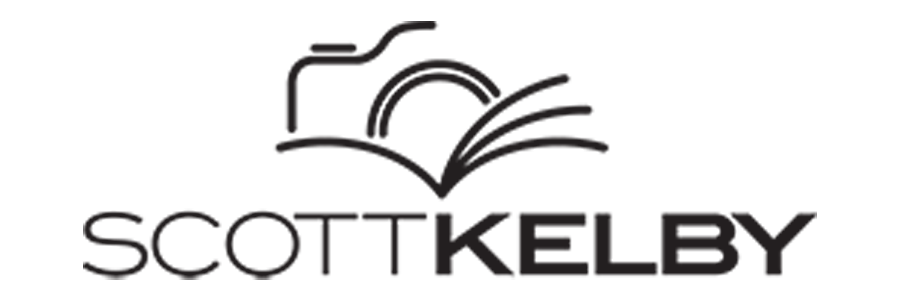


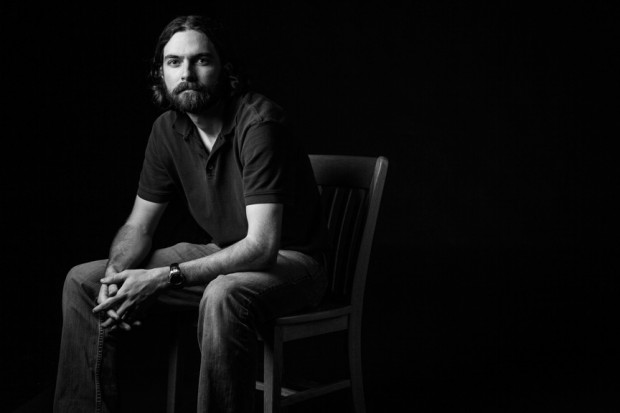
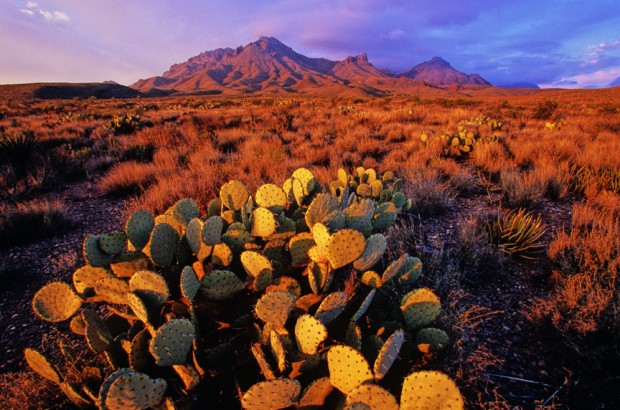
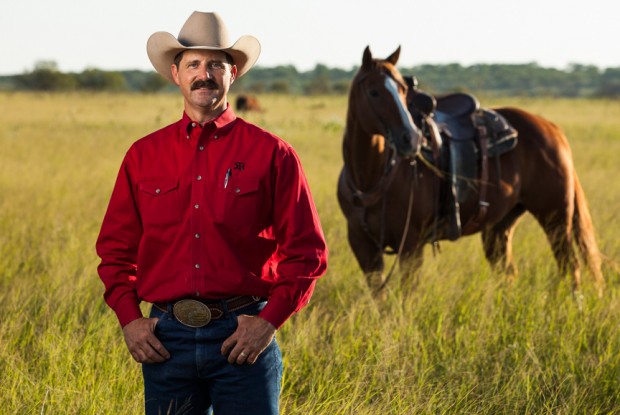
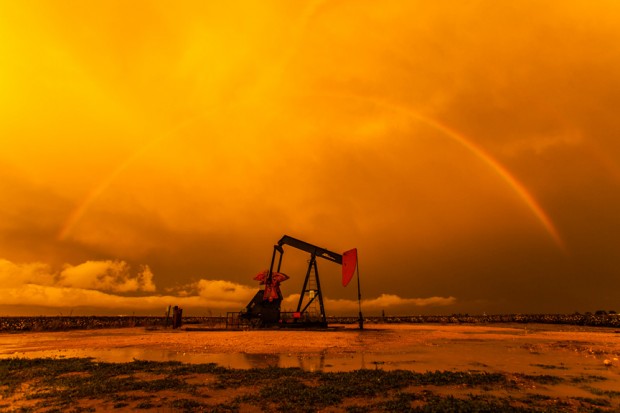
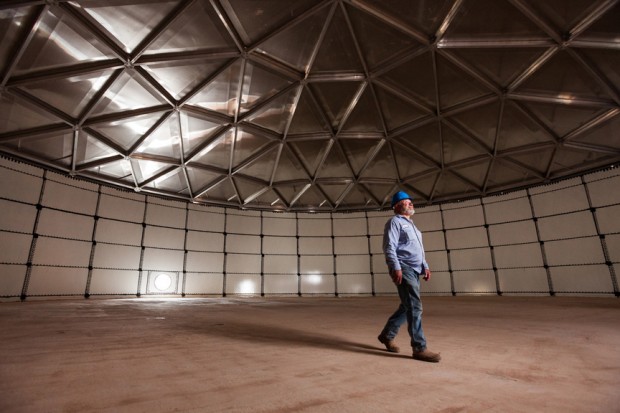
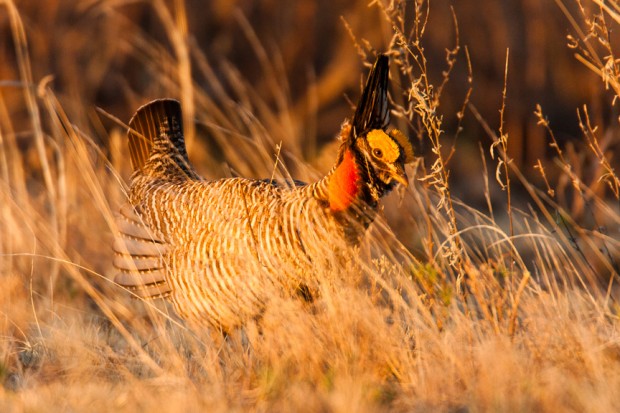
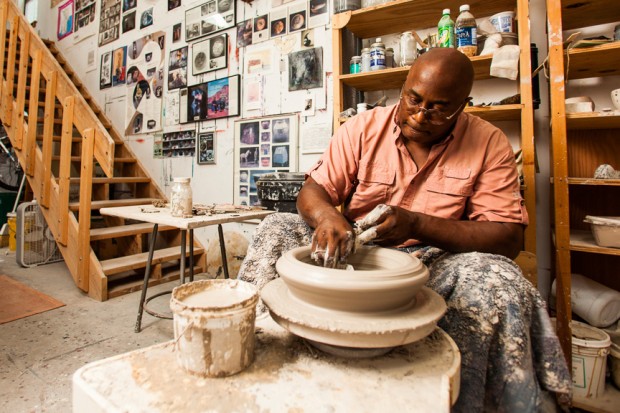
One of the things I pick up from reading things like this and the old school stories from Photogs like Mr McNally, is how they have had mentors.
I discovered photography late in my life (30+ year old) and don’t really have the ability to change job and start at the bottom again due to my family commitments. I’m sure it’s more and more common for people to discover their love for photography later in life now, and the opportunity to have a mentor could really help up the game and improve the standards of photographers learning the skill sets. Yet it’s not an easy thing to find someone to be your mentor. Is it less important now then it use to be thanks to the WWW? maybe. But personally I’d love to have someone who I can sit with and discuss the next move I need to take to up my game and know what I should learn first. This way I get to be social rather than hiding behind a screen researching all the time.
I think it’s harder to find someone like a Wyman to be your mentor, who is amazing. However, I think a mentor is still a viable and important thing to have. Scott was my first virtual mentor, his books opened me to the world of photography in general. I’d still like someone either local or close enough to travel and have a cup of coffee with and just talk, bounce ideas, learn.
Thanks for the post Jerod. I have found through the years that hobbies will last about 10 years then I get tired of them and go on to something else, ie fishing, golf etc. I have been photographing since I got my first camera in 1965 and it only gets more passionate by the year! I work at my other business and i shoot every moment i can on my free time, I have a close relationship with photography.
Great post, Jerod. A lot to think about. Thanks for sharing!
Jerod, great post and your advice to “Be more than just a photographer” is excellent.
I was fortunate enough to have been one of Jerod’s students at Texas Tech and also learned from Wyman Meinzer when he taught a photography class in Junction, Texas. Both men are very inspiring and have taught me everything I know about photography. Thanks, Jerod, for making a difference and passing on your extensive knowledge, expertise and passion. You do make a difference!
Awesome words Jerod. Thanks!